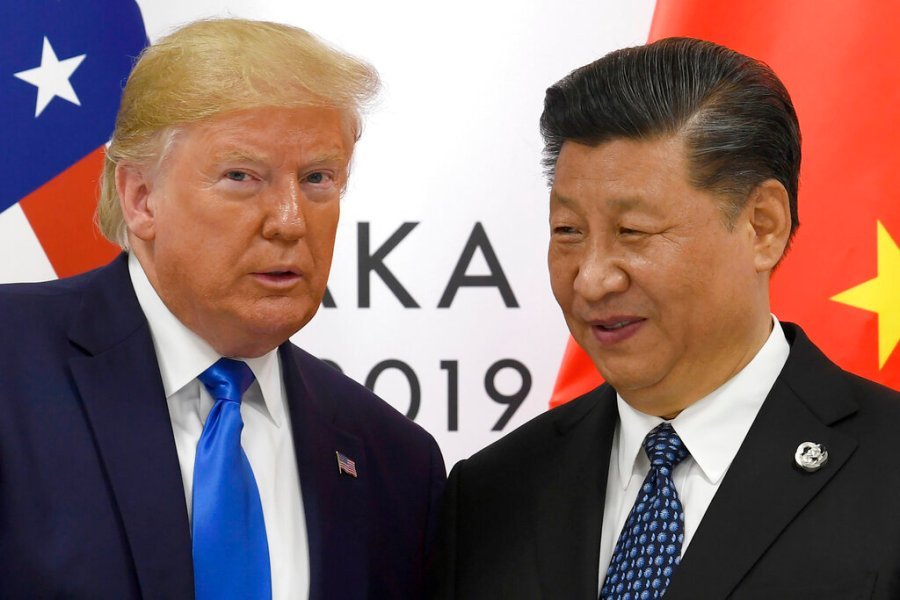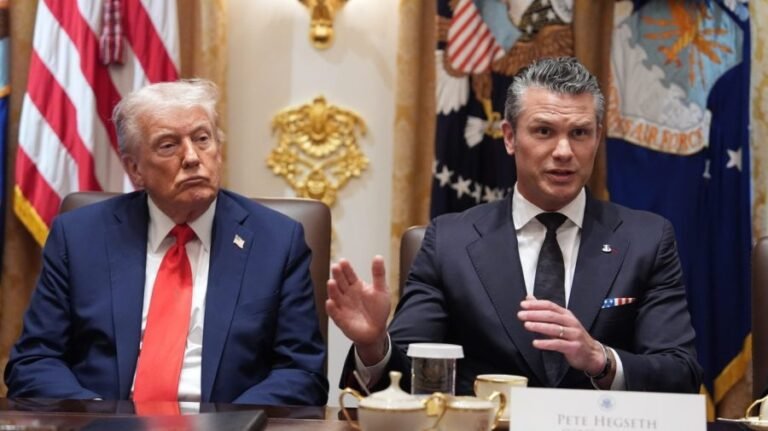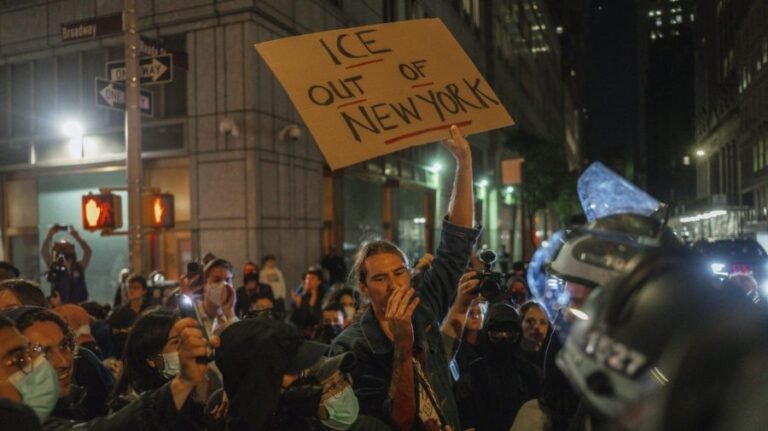
Expectations are high for the scheduled summit between President Trump and Chinese President Xi Jinping in South Korea at the end of October. With tensions growing from the tariff war, many hope that the two leaders can stabilize the U.S.-China relationship and strike a trade deal.
But the structural competition between a rising power and a dominant power means tensions will always be present in the U.S.-China relationship. Even if Trump and Xi can reach some agreement, the competitive nature of the relationship will remain.
Scholars have attempted to explain why the U.S.–China dynamics have changed in the 21st century. Among various interpretations, the “power transition” theory and its modified versions, such as the so-called “Thucydides’ Trap” remain cogent in underlining the changing global power structure as the main cause of conflict.
Another oft-cited explanation includes evolving domestic imperatives and the emergence of authoritarian leaders like Trump and Xi. Both Trump and Xi face domestic pressures that may force them to adopt more aggressive foreign policies. For Trump, it means scapegoating immigrants and U.S. trading partners for America’s economic and social woes. For Xi, it means being assertive in dealing with China’s neighbors and Western powers.
The U.S. considered China a valuable strategic partner during the heyday of the Cold War. Then, as China began to modernize its economy and military, the U.S. perception of China gradually changed. In 1999, George W. Bush called China a “strategic competitor” during his presidential campaign. The 9/11 attacks on the U.S. and the 2008 global financial crisis temporarily delayed the U.S. scheme to address the Chinese challenge. In 2011, the Obama administration unveiled its pivot to Asia strategy, aimed at checking China’s expanding power and influence.
Subsequently, both the Trump and Biden administrations deepened strategic competition with China, with Biden favoring a multilateral approach to contain China by working with U.S. allies and partners. During Trump’s first term, bilateral relations were cordial initially, with Trump and Xi visiting each other. Relations quickly soured when Trump launched a trade war and Secretary of State Mike Pompeo orchestrated a “whole of society” campaign against China.
Trump’s second term began with a global tariff war as part of his effort to “make America great again.” Interestingly, Trump and Xi have maintained a friendly working relationship and both sides are willing to resolve the trade dispute through negotiations. It is encouraging that the two leaders may use their power and wisdom to promote better U.S.-China relations.
As competition intensifies, it is important for Beijing and Washington to effectively manage their differences and prevent the emergence of a full-scale, zero-sum, adversarial relationship and the outbreak of a military conflict.
Though competition will be a distinct feature of the U.S.-China relationship for a long time to come, it does not have to be malign or disruptive. Like in sports, competition can be benign and benefit all competitors when they abide by a set of common rules and prevent competition from degenerating into confrontation.
The future of the U.S.-China relationship is not preordained. It will be determined by the changing dynamics of the relationship, domestic politics and the choices of policymakers. All stakeholders involved, including the international community, should encourage the two powers to work together to handle the competition judiciously and avoid a catastrophic conflict that neither country wants.
The U.S.-China tariff war has shown clearly that both countries are capable of fighting back. China’s refusal to purchase U.S. soybeans and its rare earth export controls show Beijing is ready to retaliate against U.S. interests. Since neither power can cause injury to the other without hurting itself, both need to learn how to live together peacefully.
The silver lining of a fierce competition is that it has the potential to help improve relations. The Chinese have a saying: “No fight, no acquaintance;” or “From an exchange of blows, friendship grows.”
The U.S. must recognize that China has become a peer competitor and any U.S. punitive measures will elicit strong retaliation from China. China must understand that the United States remains a global power with global interests, including in the Asia-Pacific. China’s sluggish economy and its new five-year development plan also call for a more steady relationship with the West.
As long as both countries, especially their leaders, pursue a stable bilateral relationship and fair trade based on a realistic assessment of their strengths and limitations, the U.S.-China competition could be managed successfully.
Zhiqun Zhu is a professor of political science and international relations at Bucknell University. He is the editor-in-chief of China and the World and has written extensively on Chinese foreign policy and U.S.-China relations.


